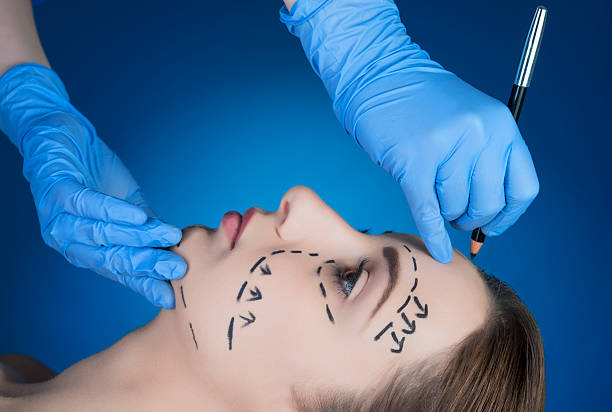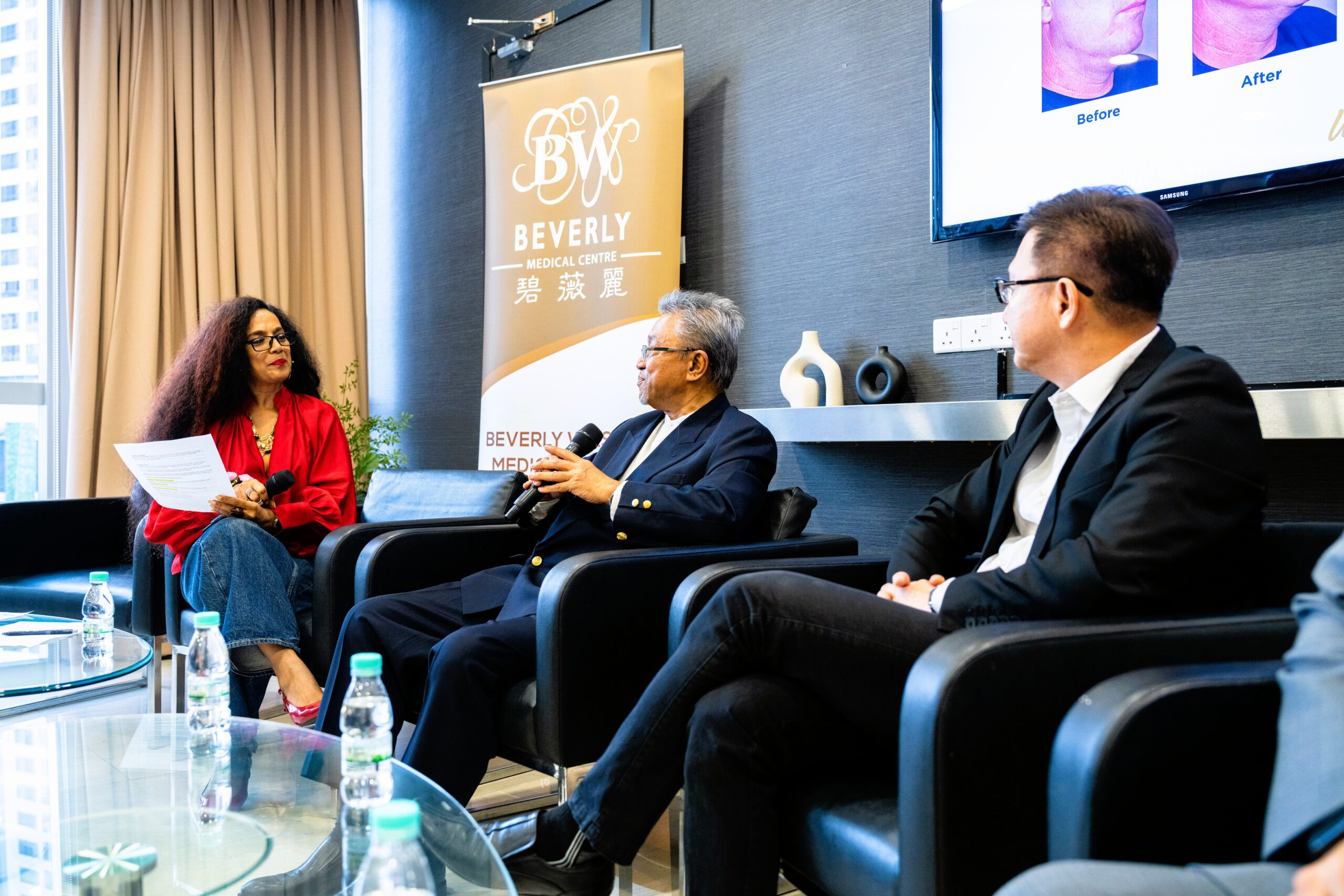We live in an age where filters dictate self-worth, and beauty has become both a currency and a battlefield. Scroll your feed for five minutes, and you’ll find a carousel of plumped lips, contoured noses, chiselled jaws, and promises of “fixing” what nature gave you. The business of beauty has never been bigger — or more unforgiving.
The Rise of the “Beauty Thirst”
Call it vanity, call it aspiration, or call it survival in a visual world — the beauty thirst is real. Particularly for women, the pressure to conform to impossible standards is relentless. For some, a tweakment here or a laser there is self-care, empowerment, or simply keeping up with peers. For others, it spirals into obsession — procedure layered upon procedure, until the face becomes a battleground of expectations.
Globally, beauty has become an export industry. Seoul is the mecca of plastic surgery tourism, Los Angeles thrives on injectable culture, and Dubai sells beauty as a lifestyle. Southeast Asia, especially Malaysia, is fast catching up — with world-class doctors, affordability, and a thriving medical tourism sector. But here too, the whispers of judgment are never far.
Damned If You Do, Damned If You Don’t
Here’s the paradox: Women are shamed if they do and judged if they don’t. Society applauds a “natural beauty,” yet holds up surgically-enhanced faces as the aspirational gold standard. A woman who chooses Botox is vain. A woman who chooses to age gracefully is “letting herself go.” Either way, her body becomes public property open for commentary. And that’s where the cruelty lies — we’ve normalized policing women’s choices while refusing to interrogate the structures that manufacture insecurity in the first place.
The Doctor’s Dilemma
In conversations with leading experts like Dr. Hew Yin Keat, a veteran in Malaysia’s medical aesthetics field, one truth stands out: the demand is rising, but so are the risks. Patients often walk in with screenshots of their favourite influencer’s face, asking for a cut-and-paste version of beauty. Doctors, caught between ethics and commerce, must navigate when to say “yes” and when to protect patients from their own distorted expectations.
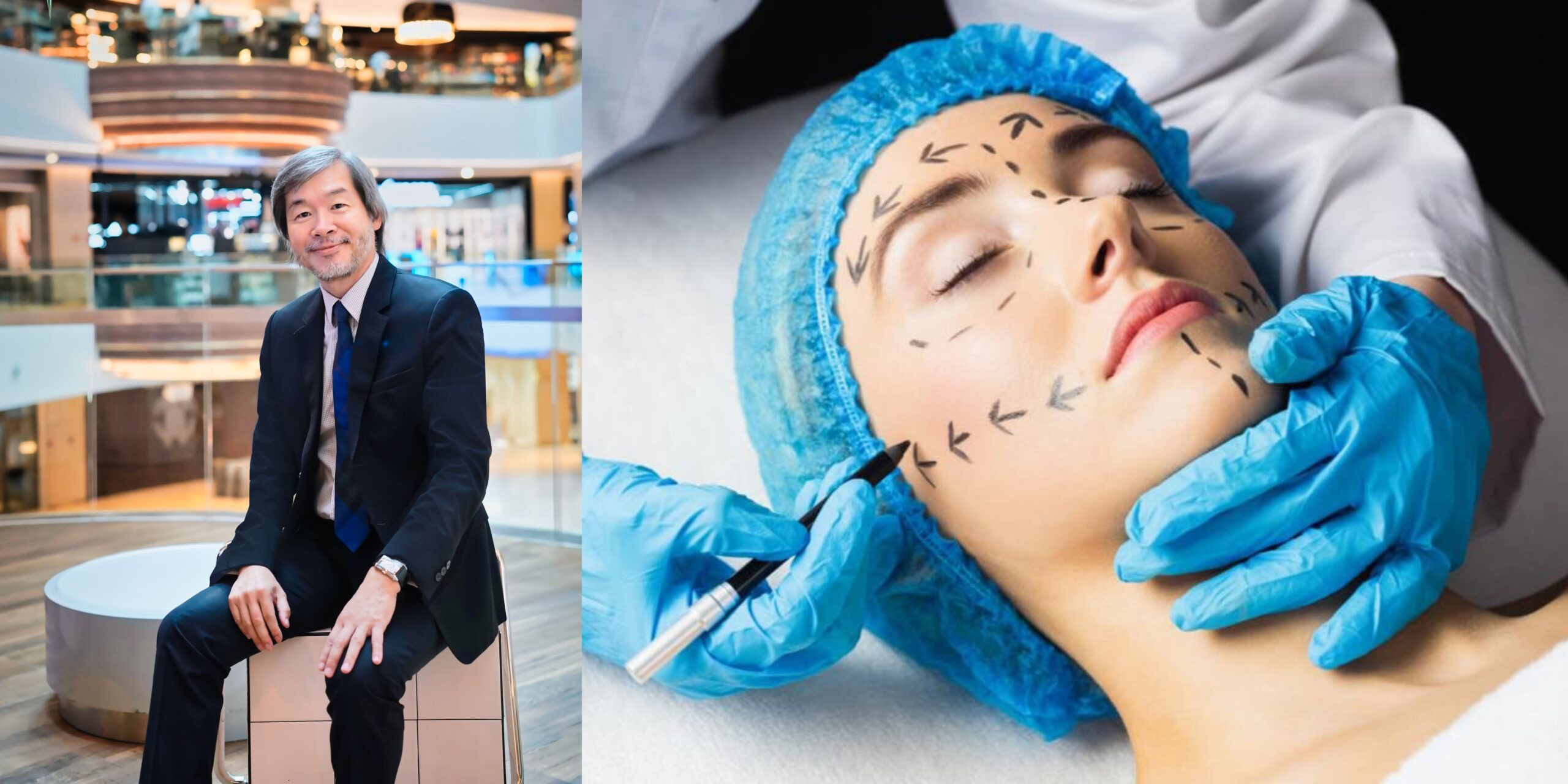
Dr. Hew emphasizes that true aesthetics isn’t about chasing trends but enhancing authenticity — a philosophy often drowned out in the noise of quick fixes and viral transformations. Here is his take on questions we all want to know:
Why is the demand for procedures rising sharply.
Dr Hew: It is rising in tandem with more accessibility and widespread geographical availability. Technological advancement from research (into device engineering and regenerative biocompatible materials) and technical knowhow has increased with aesthetic academies. Consumers are starting at younger age due to better standards of living and the wellness revolution.
What is the medical and psychological risks of overdoing enhancements.
Dr Hew: It can be a slippery slope which can uncover tendency to body dysmorphia. * Can lead to addictive behaviour or obsession in susceptible individuals * Can lead to depression if expectations are not met, or if long term complications occur * Envy, if price is beyond the reach of lower income demographic * Feelings of inadequacy due to comparisons – in the community and on social media.
There can be short term and long-term consequences, including disfigurement, loss of sight or other physiological function and even death.
Beauty bloggers or beauty peddlers – Who is a Beauty Influencer? Read more:
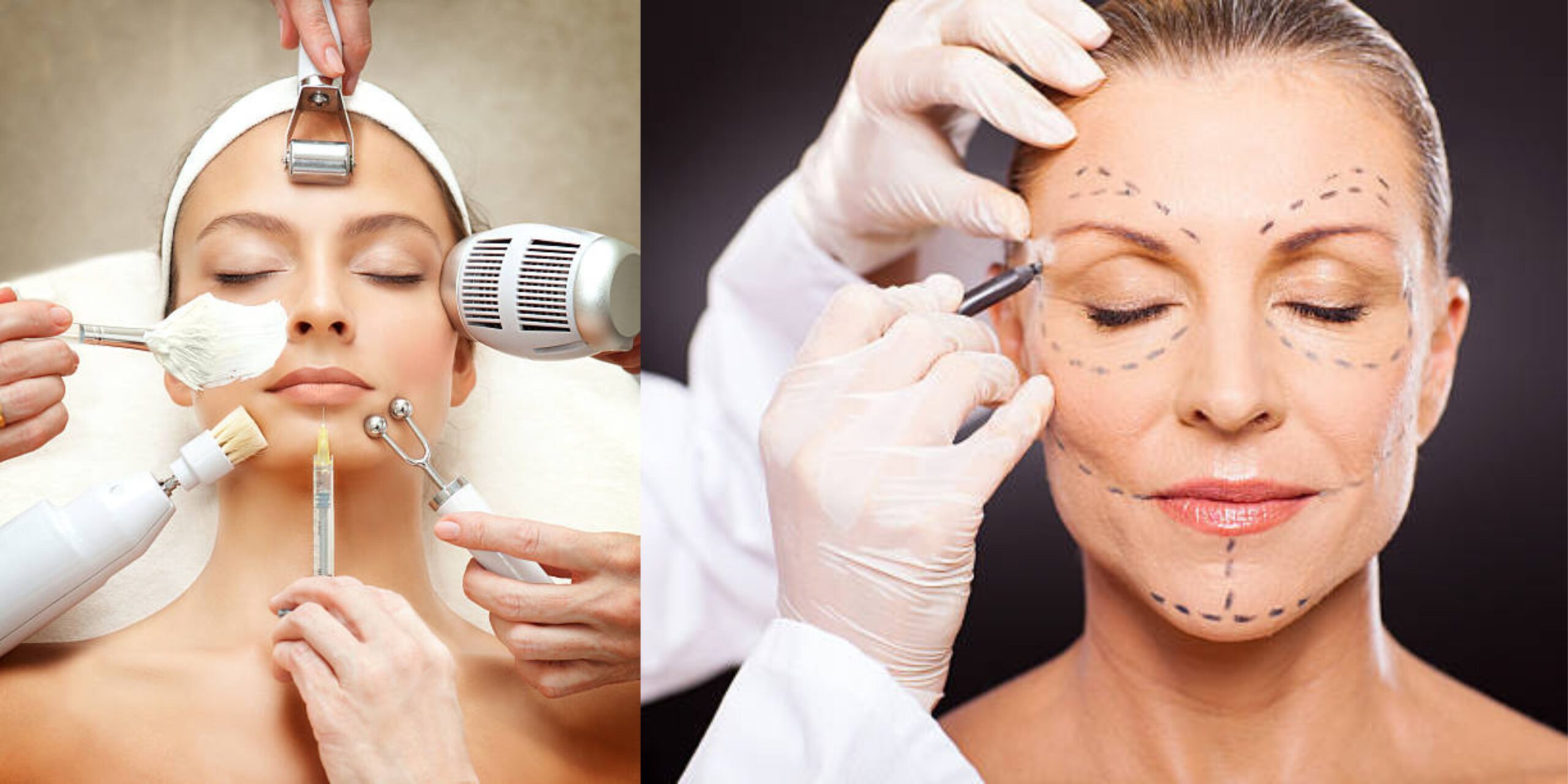
How do doctors navigate the balance between patient demand, safety, and ethics.
Dr Hew: Not all doctors have the capability or are trained to empathise. Doctors need to be objective, discerning and first do no harm. Easy to be biased and have profit motive instead of putting patient first. Balancing the 3 factors above requires a doctor that has strong principles, integrity and moral values. Doctors need to continually improve their knowledge and technical ability to perform their role well.
Why open, stigma-free dialogue is essential to evolving healthier beauty narratives.
Dr Hew: People can have different perspectives depending on factors like culture, upbringing, religion, exposure and normalisation. Ultimately it is down to individual choice – as long as it does not harm society at large or the individual seeking treatment. It should be for betterment rather than causing problems. Viewpoints should be shared, so individuals can make informed decisions.
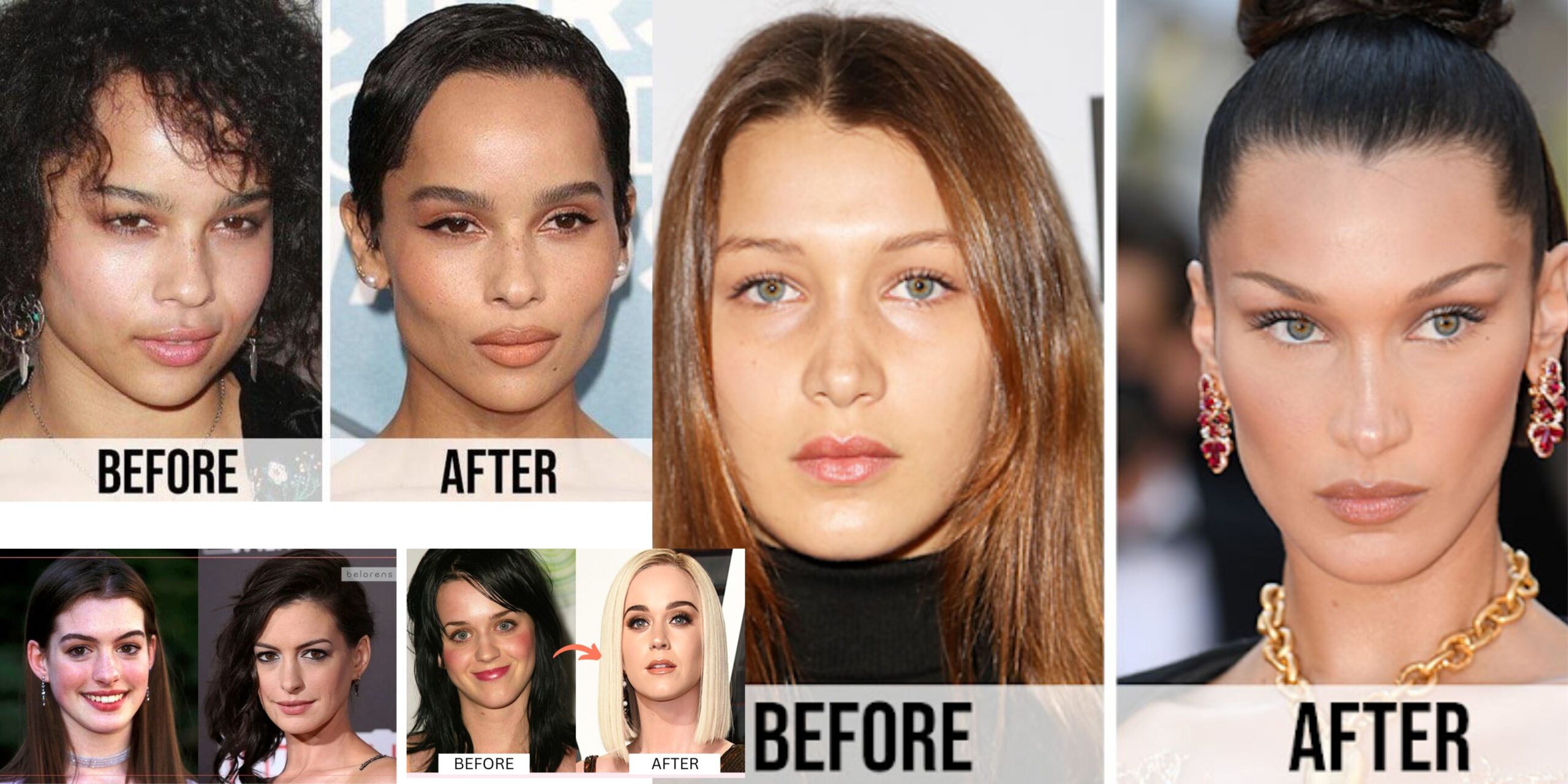
Beyond the Needle
Here’s my take: Working closely with aesthetic and beauty brands and entrepreneurs, the beauty thirst is not just about lips and lashes. It’s about control in a world that constantly tells women they’re not enough. It’s about the shame society weaponizes, whether you choose procedures or refuse them. And it’s about the urgent need to reclaim the narrative — to make beauty a choice, not a sentence.
Let’s stop pretending there’s one acceptable version of beauty and let’s start holding accountable the industries, media, and cultural norms that profit from insecurity. Because in the end, empowerment isn’t in the filler or the filter — it’s in the freedom to choose without fear of judgment.
Read my reviews of beauty and wellness experiences here:
Drop your feedback and connect with me for beauty reviews at etheldacosta@gmail.com
FOLLOW IG @etheldacosta
